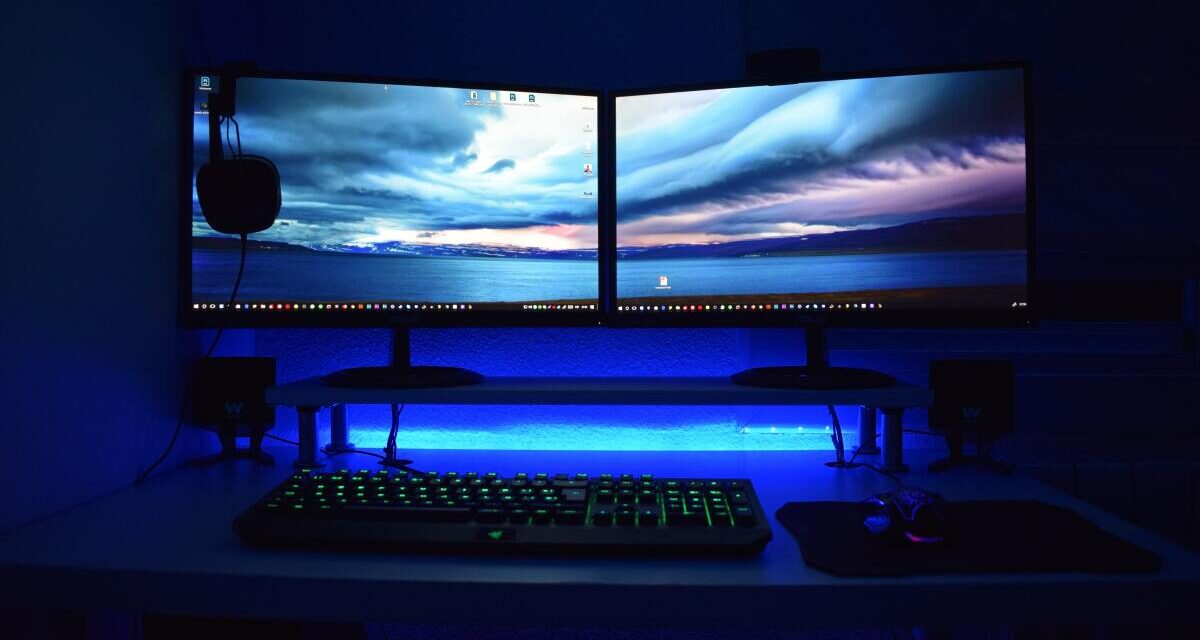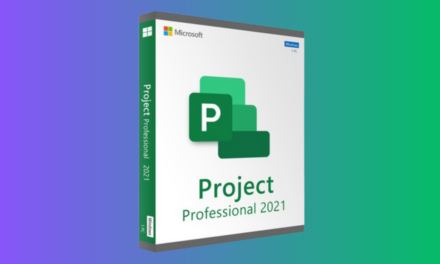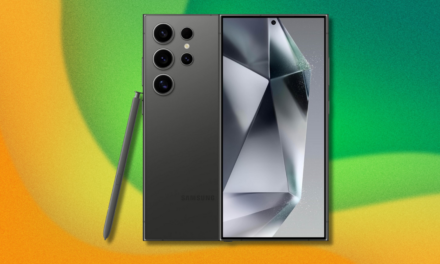A good VPN provides you with extra security when browsing online, watching Netflix, torrenting, or shopping. We’ve talked extensively about VPNs, giving recommendations on the fastest and cheapest services, but what about the most secure?
What is a VPN?
Virtual Private Networks, or VPNs, are security tools that provide protection for your identity and data by creating a private network that hides your real IP address. The best way to visualise a VPN is to think of it like an encrypted tunnel through which all of your online traffic passes through. Nobody can see into the tunnel, and everything inside is protected against online threats like hackers, viruses, and malware.
Should you care about a VPN’s logging policy?
Connecting to the web by way of a VPN means that your ISP can’t see what you’re doing and neither can the authorities. That only works if your VPN doesn’t keep logs, though. Otherwise, those logs can help trace your online activities.
This is a particular sorun if your VPN service is located in one of the 5/9/14-Eyes Alliance countries whereby surveillance agencies are more likely to be legally allowed to access your browsing history. Understandably, this can all be an issue for some privacy conscious users, especially if you’re trying to use a VPN to get around a country’s restrictive censorship laws.
While many VPN clients promise that they don’t keep any logs of your activities, the idea of a “no-logs policy” can mean a number of different things. Some companies can still keep more information than you feel comfortable about providing. A strict no-logs policy is what’s needed most of all if you want your data to be kept away from roving eyes.
Should you use free VPNs?
There are plenty of free versions of popular VPNs out there, plus free trials of VPNs with full access to everything you get with a premium plan. Alternatively, you can hisse for a VPN. So which option is best for you and your lifestyle?
You get what you hisse for with VPNs. There tends to always be a catch with free versions, and it’s normally in the biçim of limited data usage. If you’re just an occasional user, these plans will work fine. But if you’re going to be streaming or downloading, this isn’t going to work. Free trials are a little bit different: they come with everything you get in a paid plan, but obviously they don’t tend to last very long. Trials are great for testing out a service before committing, but this isn’t a long-term solution.
Something to consider is that free VPNs don’t require you to input any payment details, which adds another layer of anonymity.
What is the best no-log VPN?
Whatever your reason for staying secure online, it’s important to pick out the right no-logging VPN for you. We’ve lined up your best options, including leading services like ExpressVPN and NordVPN.
These are the best no-log VPNs in 2024.





